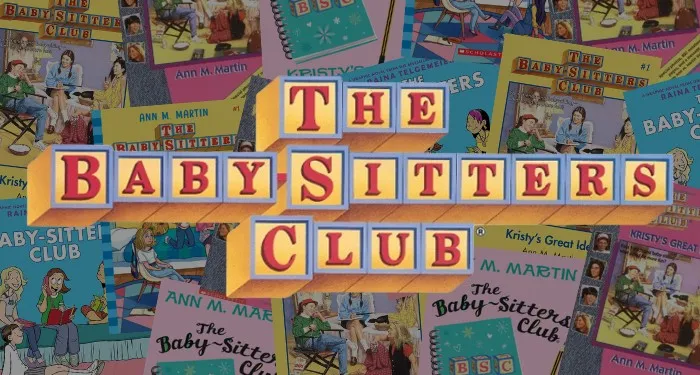
From the Gluck Family Legacy series , Vol. 3
by Maria Gluck ; edited by Sherwin Gluck ‧ RELEASE DATE: today
A valuable, if often repetitive, perspective on an American Jewish family.
A Jewish immigrant and her nephew reflect on their family’s history in Europe and the United States in this nonfiction anthology.
In this eclectic familial history and memoir, Sherwin Gluck offers another installment of his ongoing series. Two previous published books—Private Good Luck (2019) and Pappus: The Saga of a Jewish Family (2021) —were penned by Sherwin, who serves as the editor of this collection of memoiristic vignettes and miscellaneous writings by his aunt, Maria Gluck. The first section offers Maria’s reflections on growing up in a small village in Czechoslovakia in the early 20th century, written prior to her death in 2013. She intended it for her youngest brother, who didn’t remember much from his early childhood overseas, and it traces more than 100 years of family history. Maria recalls, for instance, the differences between her mother’s and father’s extended families; although both were Jewish and followed kosher practices, her father’s family were prosperous business owners, while her mother’s came from more humble origins and were more conservative religiously. The book provides a unique lens into Jewish life in Europe prior to World War II, and later, it harrowingly tells how Maria and her siblings narrowly escaped the Holocaust by immigrating to Columbus, Ohio, in 1940; almost the entirety of their family who remained in Europe were killed by the Nazi regime. Maria’s memoir is fewer than 200 pages in length, followed by more than 450 pages of miscellaneous musings. This eclectic assortment includes additional commentary on her family tree, early writings of an anticipated second book, and even a fictional story that centers on similar themes as the memoir.
Many of these reflections, however, repeat information, making the narrative feel quite repetitive at times. Sherwin, as editor, presents them in a lightly edited format that lends a feeling of authenticity to a work that aims to preserve Maria’s memories for posterity. He prefaces his aunt’s writings with introductions, and provides a good deal of editorial commentary and notes that provide historical context, clarification, and translations of Hebrew and Yiddish terminology: “I came from a very balabuste family [well cared for, religious, and close-knit family], well known and respected,” reads a representative passage from the first page of her remembrance. Sherwin allows Maria to tell her story in her own words, including accounts of controversial disputes with family members; many readers won’t share all of her views, such as her opposition to gay marriage. He reflects on his personal memories of Maria, as well, who never had children of her own; for example, he presents the eulogy he delivered at her funeral, which includes an anecdote about visiting her apartment in Queens, New York. Originally written using IBM’s ViaVoice software when Maria was in her 90s, the book’s conversational style presents a narrative that’s full of fascinating detail, despite occasional stream-of-consciousness tangents. Sherwin’s editorial commentary throughout effectively accomplishes its task of adding useful context to her ruminations, where necessary.
A valuable, if often repetitive, perspective on an American Jewish family.
Pub Date: today
ISBN: 9780967254340
Page Count: 618
Publisher: Self
Review Posted Online: Sept. 9, 2025




















 English (US) ·
English (US) ·